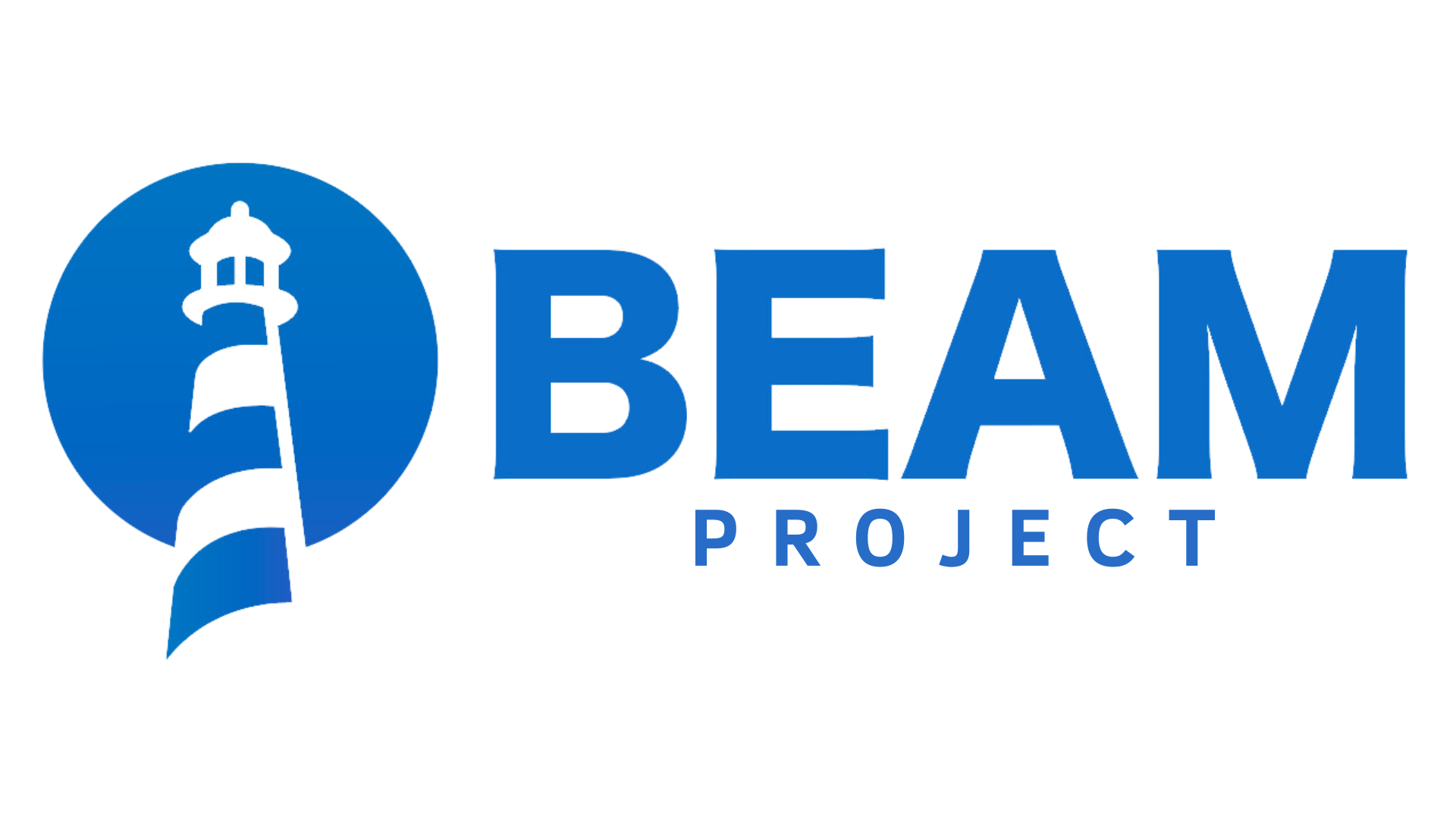THE BEAM PROJECT
Bringing Evidence to Alternative Medicine
Rationale
Every day, millions of people use Complementary and Alternative Medicine (CAM) therapies. While many patients have reported real benefits, most are considered unproven. Mobile devices have the potential to empower patients and providers to collect data at the point of care. The BEAM project will endeavour to put this data on the blockchain, creating a global resource for evidence-based integrative medicine.
A Global Evidence Resource
Participating CAM providers will use a smartphone app to document the interventions they administer or prescribe. The CAM users who receive these treatments will reply to notifications to rate their symptoms and well-being, creating real-time outcomes data. This data will enable:
- Patients to identify the CAM therapies that work best for them
- Providers to engage in rational prescribing and track their clinical results
- Researchers, governments, insurers and other stakeholders to identify the most promising therapies
A tool for Patient-Centered Care
The BEAM project will make it possible for anyone to apply a rational prescribing approach to their alternative medicine experience. Patients allocate significant time and money to CAM therapies, often trying dozens of remedies and seeing many providers along the way. A platform that enables patients to document and track their outcomes will help them identify the specific treatments that work best for them. If enough people use the took, it will create a global evidence-based resource that will benefit everyone.
WHAT BEAM WILL DO
Document CAM interventions
Collect outcomes data
Connect patients and providers
Provide personalized evidence
Computerized Adaptive Testing will be used to collect meaningful outcomes data with just a few questions. This data will be collected at baseline and at defined time intervals to assess the value of each intervention for each individual.
Blockchain-based global data network
Create a global outcomes database
Healthcare data must become an instrument of science. Patient-reported outcomes and other data will enable transparent and clear evidence to guide the care of each individual.
IF YOU ARE INTERESTED IN CONTRIBUTING TO THE BEAM PROJECT CONTACT US AT INFO@BEAMPROJECT.CA
About Us
The BEAM Project was created by Dr. Richard Nahas. His clinical experience in integrative pain management has made him a strong advocate for integrative healthcare. He recognized that this will not occur without evidence, and that current gold standards of evidence-based medicine are based on outdated technology and tools. He envisioned a world in which clinical guidelines are supported by a rational prescribing approach. This approach, which he uses in his clinical practice every day, is inclusive and patient-centered. He sees BEAM as a global resource for evidence-based integrative medicine, created by regular people who track their treatment and their progress to guide their healing journey.
Dr. Nahas oversaw the development of early versions of the BEAM app and conducted a pilot study at his Ottawa practice, The Seekers Centre, in fall of 2020. BEAM was used to measure the effectiveness of the Seekers Method, a self-care technique targeting blockages in fascia that he developed to help patients manage their chronic pain.
“The most important outcome of the BEAM Project is to improve our effectiveness in helping people feel better. That still feels like the best way we can make the world a healthier place — for all of us.”

